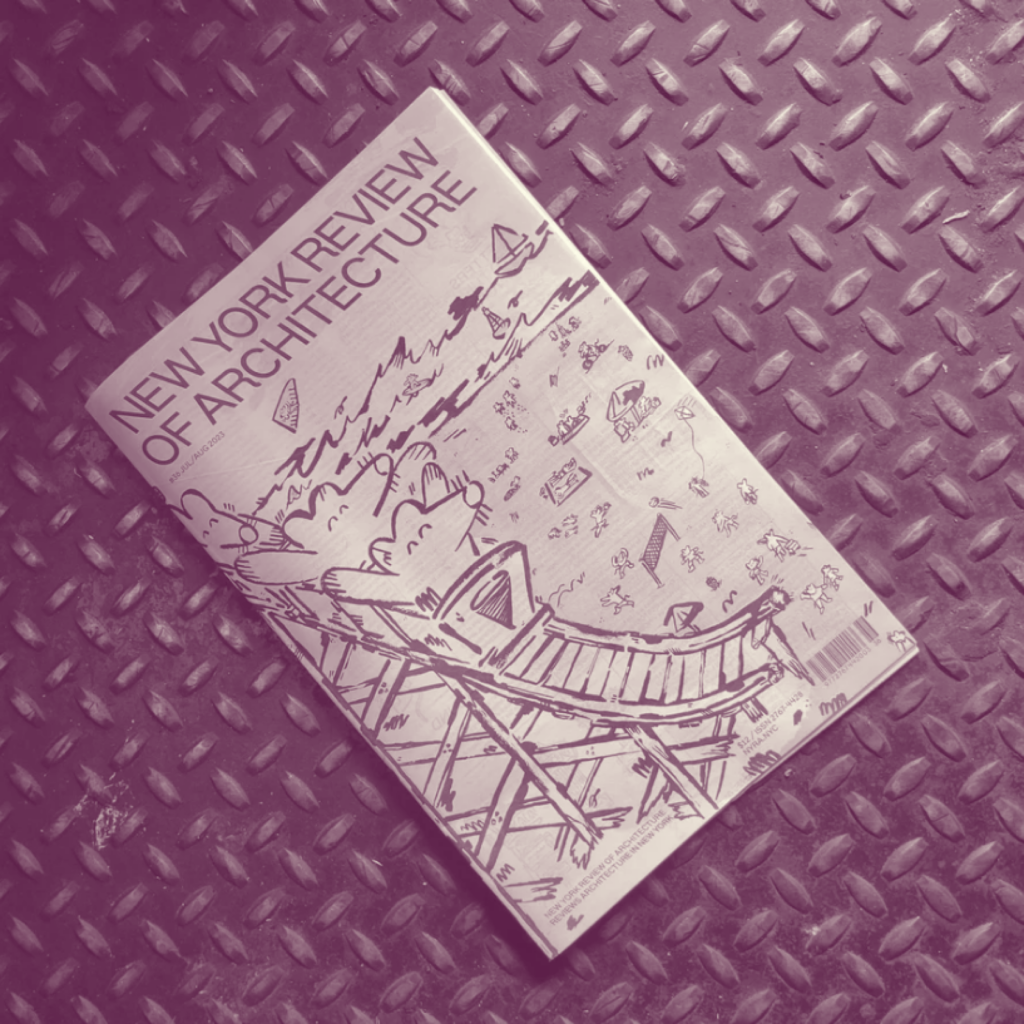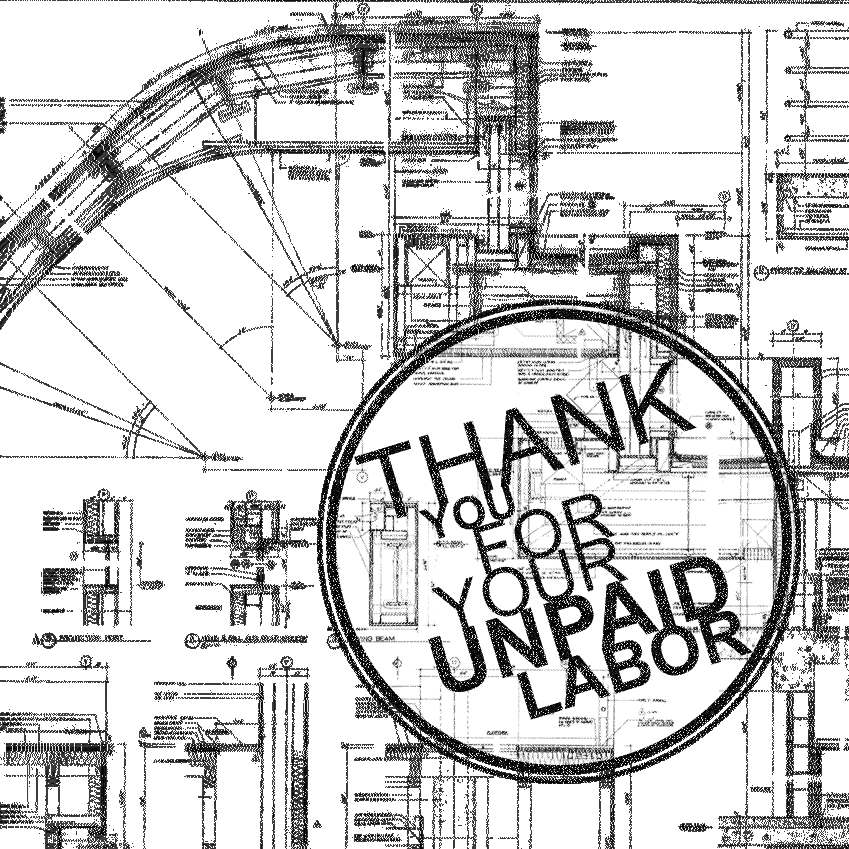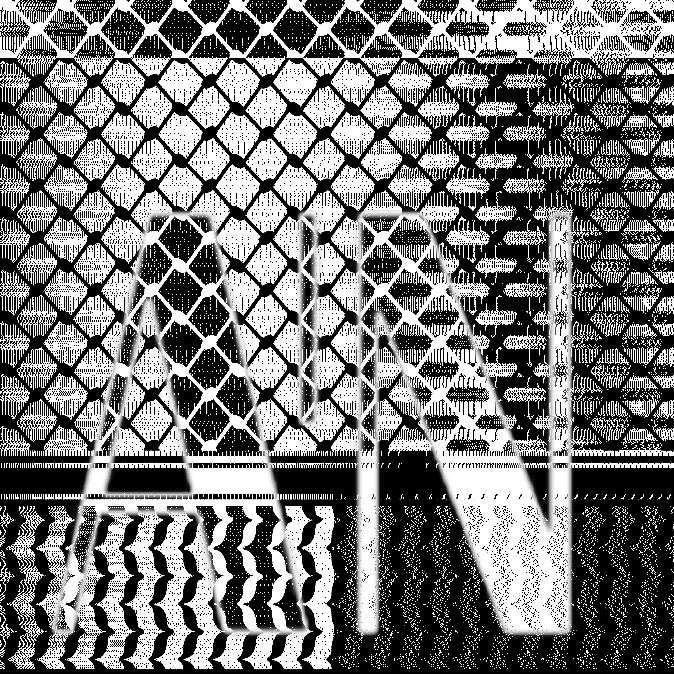Anjulie Rao
New York Review of Architecture
July 1, 2023
Excerpt:
“It seems telling that a thirty-six-month endeavor is required to fully tell the Lobby’s story and illuminate its purpose and significance. It might be that the Lobby’s greatest weakness isn’t its irresolute focus between educating members and making actionable change. After all, individual members and working groups have managed to participate in public discussions about climate change, support movements for racial justice, and continue the long and difficult process of educating members in solidarity and organizing. Instead, its fallibility might be that knowing the Lobby requires being a part of the Lobby: participating in its democratic processes, shaping its next manifesto, adding to or subtracting from its myriad areas of concern. Thus, knowing the Lobby means changing its trajectory, making the future- not just of the organization, but of the profession itself—subject to uncertainty. Performing political work, including organizing individuals within a democratic ecosystem, requires a clear ideology undergirding all of its actions -not merely one voice, but one banner under which members can organize. Without a united ideology, many faces, many voices, and many priorities could sound less like a powerful chorus and more like cacophony.”
In the words of current Lobby members: “if you’ve been curious to know more about the Lobby, this is a good place to start.”




